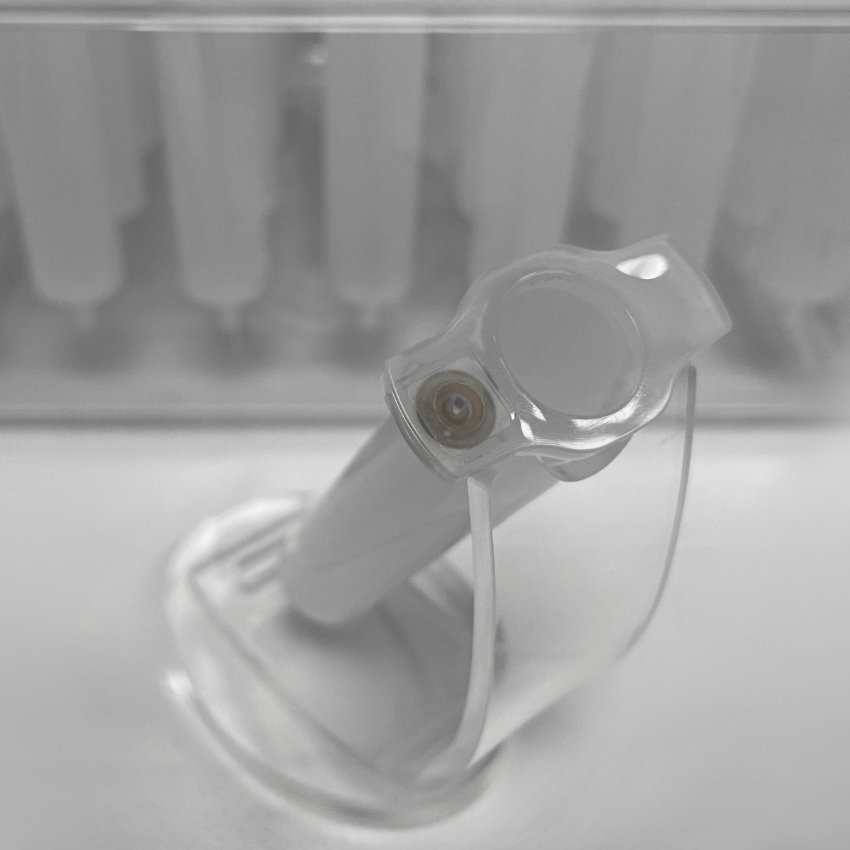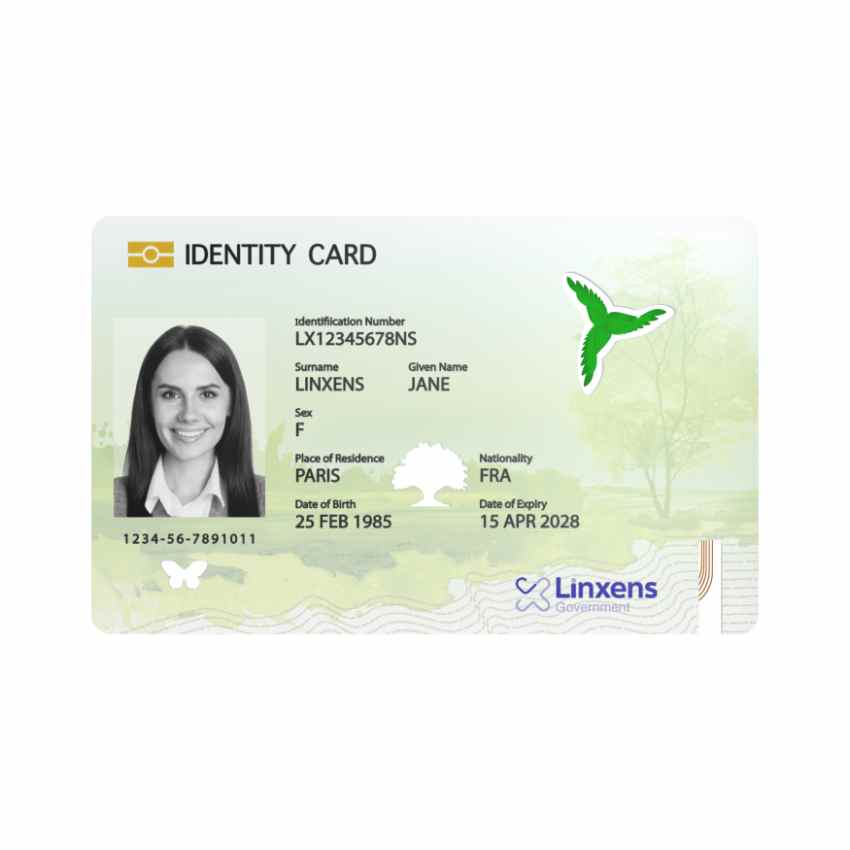For 40 years, Linxens has been a global player in the electronics industry, providing innovative, customized solutions to meet the most demanding technical specifications for connectivity, tracking and authentication to ensure a seamless end-user experience. Linxens is the preferred partner of global technology pioneers who are shaping the markets for telecommunications, mobility, hospitality & leisure, banking, e-government, access control, healthcare and the Internet of Things (IoT).
The company has recently created dedicated sub-brands to offer their healthcare solutions under the Linxens Healthcare brand, solutions for the IoT market under the Linxens IoT Solutions brand and Linxens Government for identification solutions.
Interview with Cuong H. Duong, CEO & President of Linxens.
Easy Engineering: What are the main areas of activity of the company?
Cuong H. Duong: Linxens plays a major role in the development of technologies related to smartcards, RFID and flexible electronics for the payment, electronic government identification, transport, access, hotel, leisure and entertainment markets. Linxens has also extended its expertise to the healthcare and IoT markets. With new healthcare offerings such as biosensors and smartptaches, Linxens focuses on healthcare applications for patient monitoring and facilitating point-of-care diagnostics. Under the Linxens IoT Solutions brand, we are introducing tracking and authentication solutions to seamlessly track assets and verify authenticity with our innovative technology, revolutionizing supply chain management and enhancing security measures.

E.E: What’s the news about new products/services?
C.H.D: Linxens has a strong focus on innovation and service with over 200 professionals in R&D, including many PhDs. Recently, in partnership with Clayens, Linxens Healthcare has introduced a mini NFC tag that is integrated directly into the material of the medical device (for example syringes) to ensure constant traceability and increased security. Critical information such as expiry date, batch number and dosage information is programmed onto this NFC tag. In keeping with the times, Linxens has also recently developed an early warning sensor for lithium-ion batteries with its German partner Smartnanotubes Technologies, which warns of overheating in electric vehicles. Another recent development is the roll-to-roll production of a sensor array that is 8 times smaller than the current one, in order to reduce production costs and space requirements in the application.
E.E: What are the ranges of products/services?
C.H.D: Linxens has evolved from a pure hardware component manufacturer to a solution provider by offering solutions for the healthcare market under its own brand Linxens Healthcare. The main services offered by Linxens Healthcare are biosensors, stick-to-skin wearables (ECG and EKG for health monitoring) and track&trace. The latter, in close collaboration with our Linxens IoT Solutions team, is an integrated label for asset tracking and authentication. For IoT services, we combine our hardware and software capabilities to offer a complete service to our customers.

E.E: What is the state of the market where you are currently active?
C.H.D: The smartcard market: Smartcards continue to play a crucial role in various sectors, in particular banking, access control, hospitality and mobility. Linxens continues to pioneer new technologies in this industry. While features such as biometrics or dVCx will provide enhanced security as well as convenience, metal or LED cards will be pure lifestyle products, to name just a few. Last but not least, the actual material from which such cards are made will also change. While until recently the vast majority of cards were made from first use PVC, future cards will be made from a variety of alternative, more environmentally friendly materials such as rPVC, rPETG, PLA, Ocean Plastic or even wood.
Government identification systems are evolving to include identity verification and authentication. Governments are investing in digital identity initiatives to improve security, streamline government services and enable secure online transactions. With Linxens identification technology offerings for identification, we protect ID documents with secure, reliable and responsible means.

The IoT market is expanding rapidly, driven by connectivity and sensors. IoT solutions are being used in various industries, including logistics, automotive, healthcare and even luxury goods. In particular, we are working closely with the Linxens Healthcare team to develop IOT solutions in the medical field. Our IoT devices are already being used for remote patient monitoring and asset tracking. The healthcare industry is undergoing a digital transformation, with an increasing focus on using solutions to improve patient care. New emerging trends in healthcare will be wearable sensors / stick-to-skin wearables and point-of-care testing with biosensors, enabling rapid and decentralized diagnostic testing remotely and in real time
E.E: What can you tell us about market trends?
C.H.D: There is an increasing focus on sustainability and environmental responsibility across all industries. At Linxens, we are constantly monitoring and adapting our offerings and manufacturing processes with sustainability goals in mind. There is a growing awareness to adopt sustainable practices, reduce carbon footprint and incorporate eco-friendly materials and processes into their products and operations. For example, Linxens supplies our products to card manufacturers to develop wooden cards for access to buildings and hotel rooms.

E.E: What estimations do you have for 2024?
C.H.D: Linxens’ goal is to be the leader in all its historical market segments by enabling technology that makes consumers’ lives easier and provides safer, more reliable and sustainable solutions. We strive to maximize the company’s diversification strategy through innovation in new markets, including healthcare and IoT solutions. Linxens’ mission is to enable technology to open the way to a better life for all.

